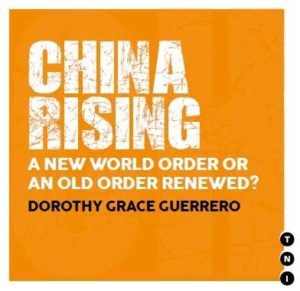17/09/2014
Under: Publications
China’s remarkable economic performance over more than thirty five years and its transformation into one of the world’s biggest trading powers, has led many to believe that it will be the successor to the US in global dominance. The stagnation of the advanced capitalist economies and contraction of the economies in the Eurozone in recent years have strengthened the notion that the world is at a turning point in the balance of power between the advanced economies of the North and the emerging economies of the South such as China, India, Brazil and South Africa.
The new configuration of power has increased the representation of developing countries in key and decisive processes in the United Nations, the World Trade Organisation and International Financial Institutions like the World Bank and International Monetary Bank, as well as in informal but strategic summits like the G20 group. Little attention has been given, however, to the central issue for many people in the South, which is not just China’s rise or growth nor even the relative state of democracy there. The more important question is whether China and the other new actors are offering a new and better model of development that could chart economic and social progress for other developing countries?




![[IN PHOTOS] In Defense of Human Rights and Dignity Movement (iDEFEND) Mobilization on the fourth State of the Nation Address (SONA) of Ferdinand Marcos, Jr.](https://focusweb.org/wp-content/uploads/2025/07/1-150x150.jpg)

